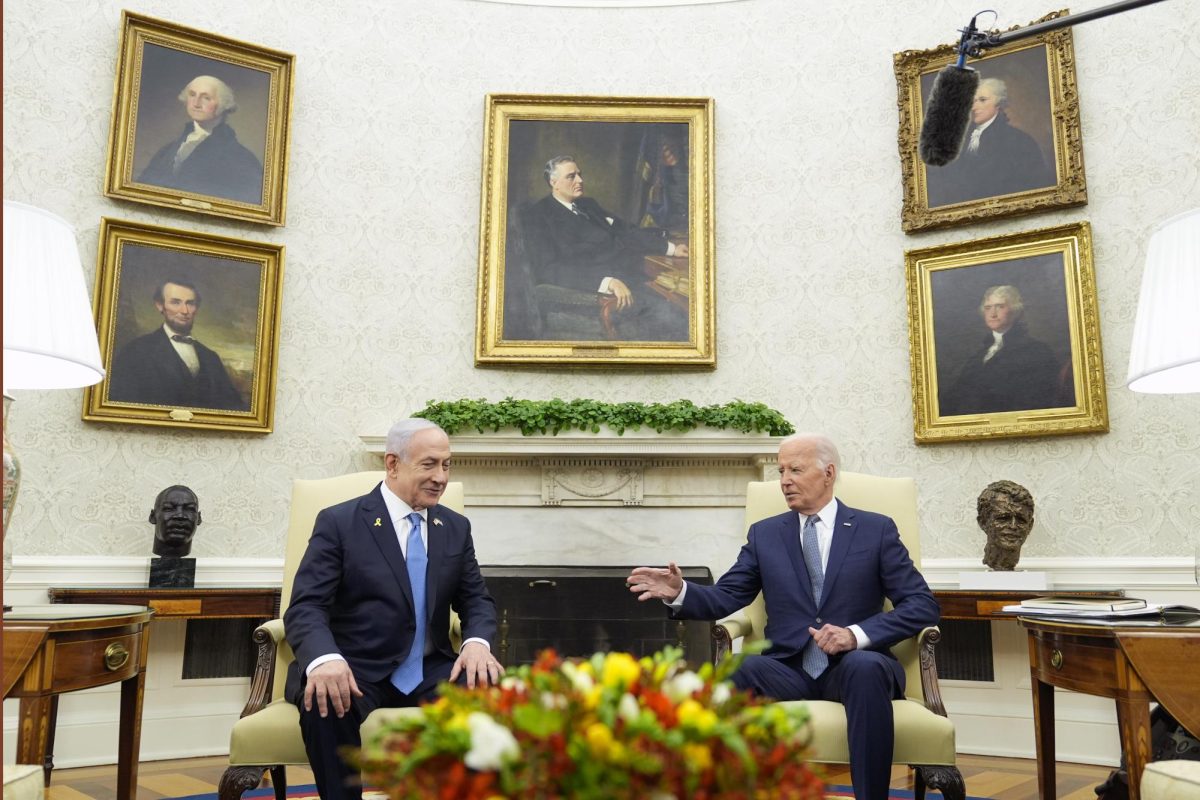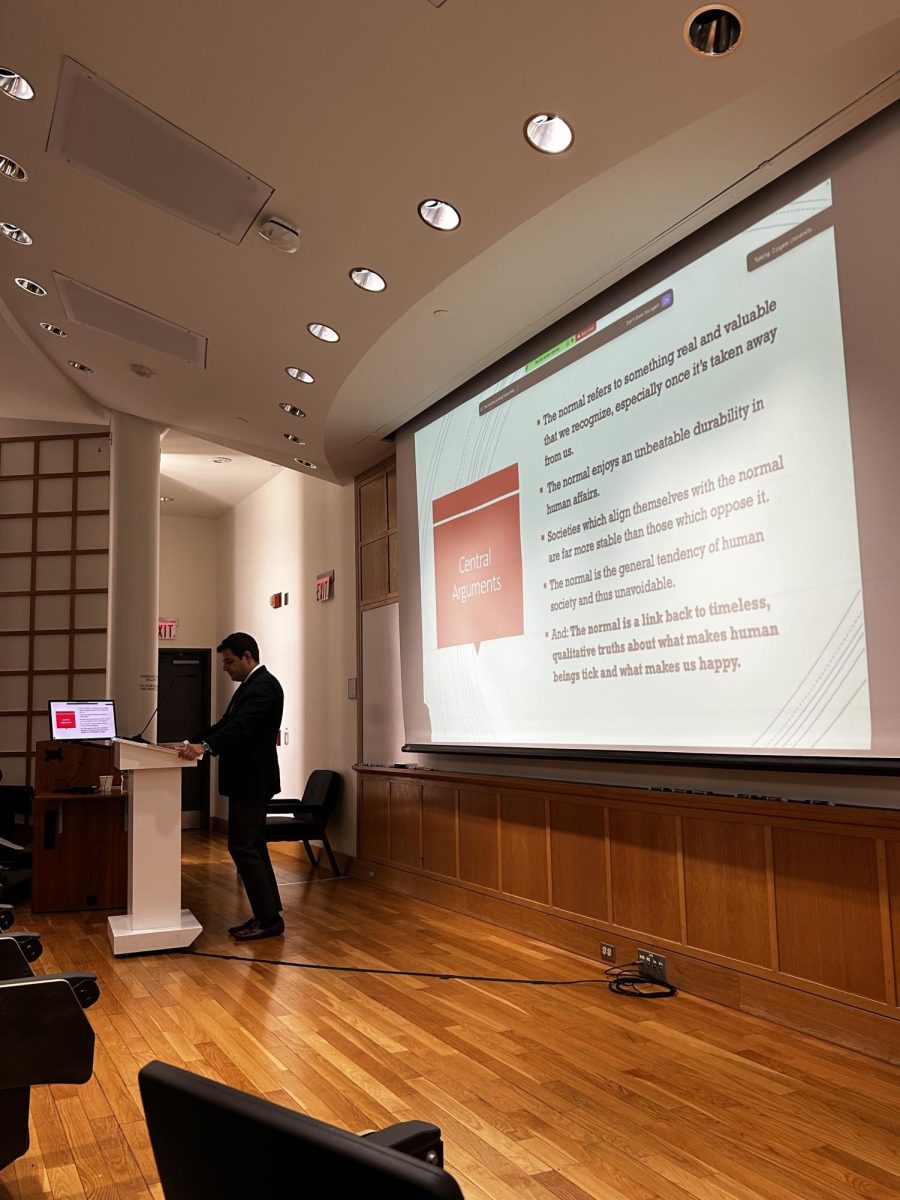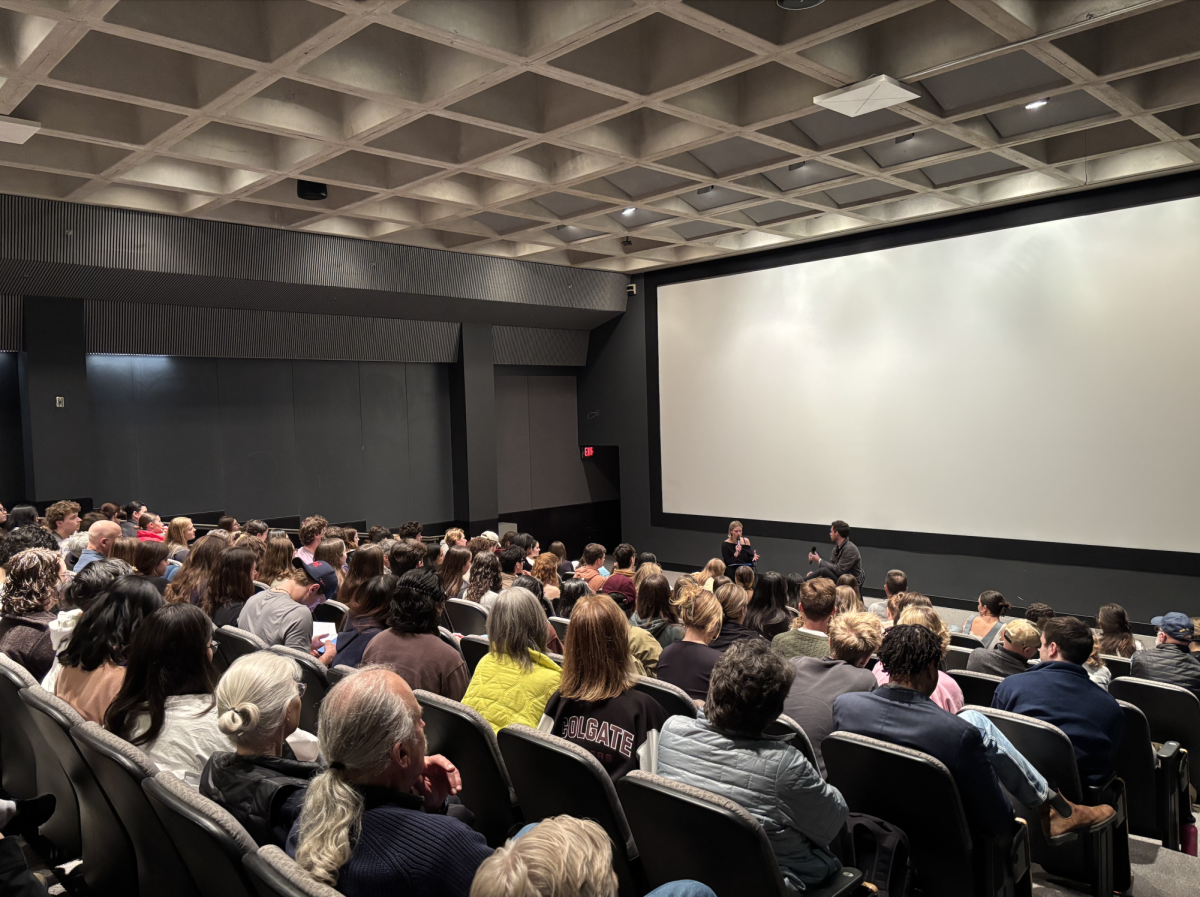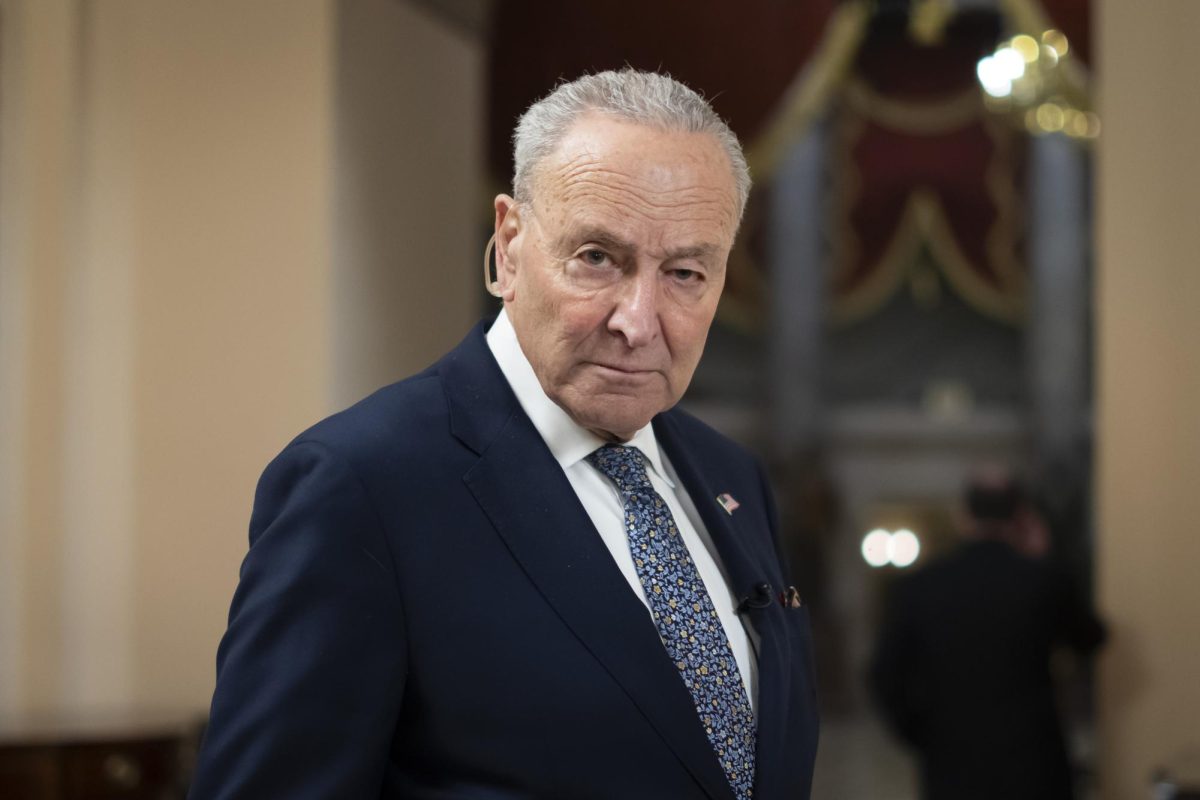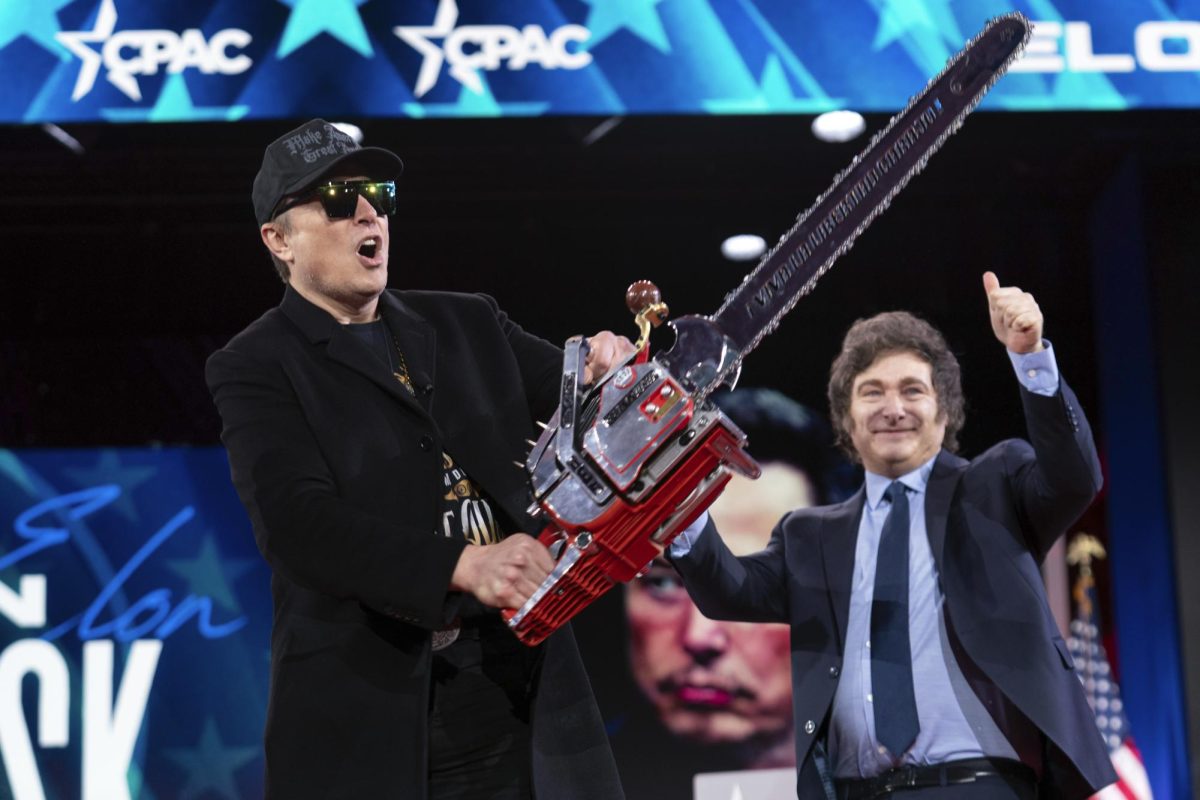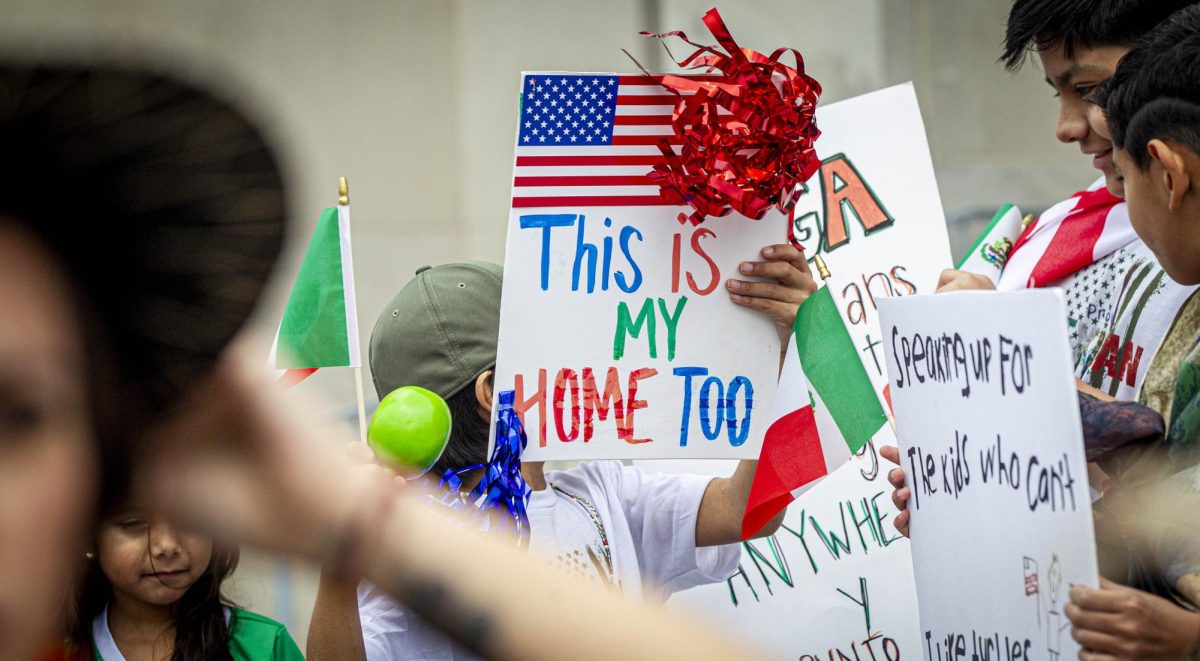As the war between Israel, Hamas and Hezbollah grinds into its 13th month, it has come time to discuss the conflict’s place within the wider future of the Middle East. The multifront war, triggered by Hamas’ heinous terrorist attack on Oct. 7, 2023, has tragically claimed tens of thousands of innocent lives. In light of this bleak reality, I believe it is important to zoom outwards, drawing from the war itself a wider discussion of its causes.
For me, most conflicts in the Middle East stem from the ideological divide between the United States and Iran. The current conflict between Israel, Hamas and Hezbollah is only a single consequence of these clashing visions; in reality, the U.S. and Iran are engaged in a shadow war that implicates far more nations — and has much longer-lasting repercussions — than what meets the eye. This column is designed to emphasize how both nations’ interests dictate smaller regional wars, and provide a rationale for why an American victory is imperative to achieving lasting peace in the Middle East.
The United States and its allies have worked for decades to limit Iran’s imperial expansion, and, critically, slow its nuclear progress. American investment in the latter runs deep; since the Iranian revolution of 1979, keeping Iran from acquiring nuclear weapons has played a central role in American foreign policy. Fast-forward to 2024, and in my view, maintaining a non-nuclear, modestly-imperial Iran remains of paramount importance. I’ll be the first to say that America is far from perfect, but as the bastion of international liberalism, it is our responsibility to sustain the work required to counter Iranian interests.
As it stands now, Iranian influence over the Middle East is strong.
Principally, Tehran pursues its largest goal (eradicating Israel, which Ayatollah Ruhollah Khomeini labeled “Little Satan”) through the use of proxy forces. Iran does not border Israel, so Tehran uses its financial might to fund and train terrorist armies within the states that do. Labeled the “axis of resistance,” through Hamas in Gaza, Hezbollah in Lebanon, the Houthis in Yemen and Shiite militias in Iraq, Iran wages indirect war against Israel and the U.S. It has been reported, for example, that Hamas acted at Iran’s direction on Oct. 7. And why wouldn’t they? Tehran’s support is Hamas’ lifeline. Knowing this, if America is truly serious about winning the shadow war against Iran, its strategy must transcend military action. Israel’s incessant bombing has produced a horrible humanitarian catastrophe that I’d argue illuminates the limitations of military force.
If weakening Iran and achieving sustained peace is not strictly a military matter, what are some alternate strategies? In my opinion, the name of the game is isolation. I believe that adding diplomatic and educational elements to America’s current military strategy will accelerate the isolation of Iran. I recognize that non-military approaches require more patience. Yet Ayatollah Ali Khamenei, Iran’s supreme leader, is 85 years old. His unpopular regime faces constant uprisings and protests, and in many cases, neighboring Arab states fear Iranian expansion in the Middle East as well. Re-establishing the Abraham Accords — a deal promising Israeli normalization with Arab Gulf states in exchange for shared economic incentives — should remain a central component of any Middle Eastern peace effort. Notice that the Abraham Accords don’t include Iran. As such, the Accords are a tangible diplomatic way to isolate Iran and its terror proxies, both militarily and economically. Uniting Israel with powerful Arab Gulf nations would provide a clearer path to both a Palestinian state and overall regional stability. With less chaos to prey on, Iran would finally be forced to reexamine its proxy strategy.
In addition, while seemingly unorthodox, a widespread education campaign would help re-center the importance of countering Iran. I am not advocating for government propaganda, but a deliberate operation to educate the American public about the sinister ambitions of Iran will highlight the liberal aims of the U.S.’ anti-Iran efforts. Our current lack of awareness on the issue is a non-partisan problem. With more substantive media coverage and government messaging, the American public will hopefully start recognizing the root causes of Middle East turmoil, as well as the most productive paths to peace.
This task is undoubtedly daunting. It’s no secret that an effective non-military approach, at the very least, requires a lockstep partnership between the American and Israeli governments. As it currently stands, I would give the U.S.-Israel alliance a C+ grade. While the U.S. supports the IDF, disagreements between President Biden and Prime Minister Netanyahu — especially over the civilian death toll in Gaza and Israel’s policy of West Bank settlement — have spilled into the public ether. Netanyahu appears singularly focused on a fleeting “total victory” over Hamas instead of the sustained work necessary to dismantle Iran’s network of terrorist proxies. This is dangerous. While Tehran lies in wait, still exerting itself through terror armies embedded in failed states, Jerusalem and Washington are disconnected. Permanent victory over Iran takes care and patience. It’s time to get back on track.


